CIRCUIT DESCRIPTION:
The TCM uses input from the turbine speed and the output speed sensors to determine gear ratios. The TCM then compares the known gear ratio to the calculated gear ratio for the current range. DTC P0736 sets when the calculated reverse range ratio (steady state) differs from the known reverse range ratio.
ACTION TAKEN WHEN THE DTC SETS:
1. When DTC P0736 is active, the transmission locks in N (Neutral).
2. DTC P0736 is stored in the TCM history.
3. The CHECK TRANS light illuminates (non-OBD II strategy).
4. The TCM forces Variable Modulated Main off.
5. TCM freezes shift adapts (DNA).
6. TCM inhibits TCC engagement.
CONDITIONS FOR CLEARING THE DTC:
Use the diagnostic tool to clear the DTC from the TCM history. The TCM automatically clears the DTC from the TCM history if the vehicle completes 40 warm-up cycles without the DTC recurring.
DIAGNOSTIC AIDS:
Inspect the speed sensor wiring and connectors for poor electrical connections. Look for the following conditions:
1. A bent terminal
2. A backed-out terminal
3. A damaged terminal
4. Poor terminal tension
5. A chafed wire
6. A broken wire inside the insulation
When diagnosing for an intermittent short or open, massage the wiring harness while watching the test equipment or the diagnostic tool for a change.
Output or turbine tone wheel damage may cause erratic speed sensor input allowing this DTC to set.
Incorrect ratio DTCs typically indicate mechanical problems with specific clutches, i.e. C3 and C5 for Reverse range.
An incorrect ratio DTC could indicate a hydraulically failed solenoid. Check the DTC information for the specific solenoid.
You may have to drive the vehicle to experience the fault.
Clutch test mode can be used to detect turbine pull-down. If turbine speed is detected, clutch damage may be indicated.


 AGCO
AGCO ALLISON
ALLISON BENDIX
BENDIX BOBCAT
BOBCAT CAT
CAT CLAAS
CLAAS CNH
CNH DAF
DAF DETROIT
DETROIT EATON
EATON FREIGHTLINER
FREIGHTLINER HINO
HINO HITACHI
HITACHI ISUZU
ISUZU JCB
JCB JOHN DEERE
JOHN DEERE JPRO
JPRO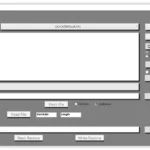 MAGIC TUNER
MAGIC TUNER MAN
MAN Navistar
Navistar PACCAR
PACCAR PERKINS
PERKINS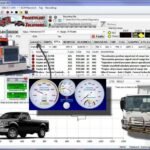 PF DIAGNOSE
PF DIAGNOSE PSI POWERLINK
PSI POWERLINK RENAULT
RENAULT SCANIA
SCANIA THERMO KING
THERMO KING UD NISSAN
UD NISSAN VOLVO
VOLVO WABCO
WABCO ZF TESTMAN
ZF TESTMAN
 BELL
BELL BENDIX
BENDIX BOBCAT
BOBCAT CARRIE
CARRIE DAF
DAF DETROIT
DETROIT EATON
EATON FUSO
FUSO MACK
MACK
 Cumminz
Cumminz ISB4.5 CM2150
ISB4.5 CM2150 All Engines (2017 Emissions)
All Engines (2017 Emissions) PACCAR
PACCAR

![The DOOSAN ELECTRONIC MARINE & GENERATOR ENGINE ANALYZER 01.04 [2024.04] is an essential software tool for the maritime industry. It provides real-time performance monitoring and advanced diagnostic features for marine generators. This updated version enhances user experience and compatibility with a broader range of marine engines. Its improved tools support predictive maintenance and detailed reporting, helping operators optimize efficiency and reduce costs.](https://ecmtrucks.com/wp-content/uploads/2024/08/66-2-300x226.png)
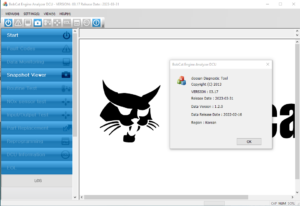
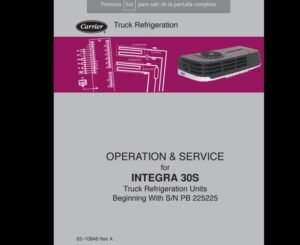

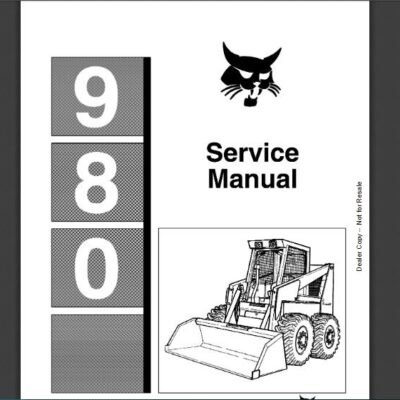
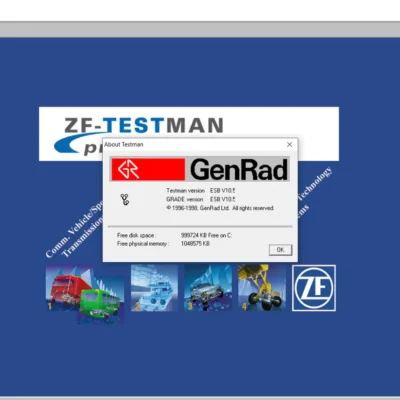
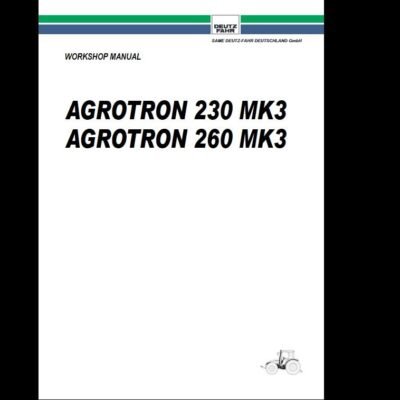

![The DOOSAN EDOCTOR CONSTRUCTION FULL 2.3.5.8 [2023.06] is a cutting-edge diagnostic software for heavy machinery. Released in 2023, it offers advanced tools for troubleshooting engine issues in various construction equipment. This software enhances operational efficiency by providing detailed diagnostics and real-time support. It is compatible with multiple brands and supports remote installation through TeamViewer, ensuring seamless usability for technicians.](https://ecmtrucks.com/wp-content/uploads/2024/08/88-400x400.png)
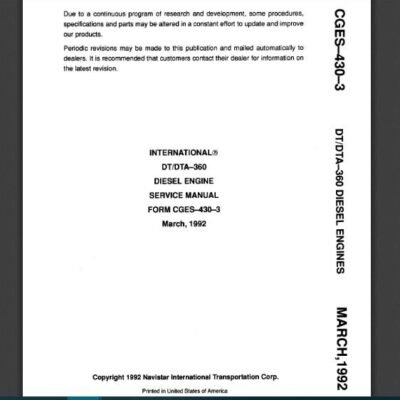
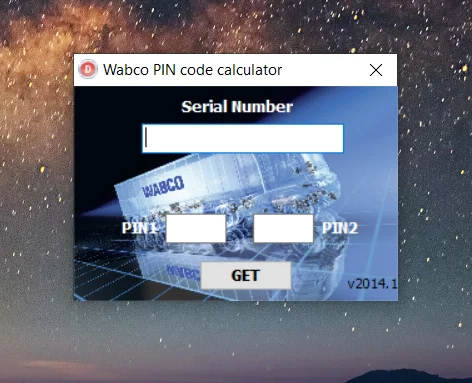


![The DOOSAN DIAGNOSTIC TOOL DX22 ELECTRONIC MARINE DCU ANALYZER 01.00R2 [2024.02] is a specialized diagnostic software designed for marine equipment. It provides essential tools for identifying and resolving issues in various marine systems. This analyzer is compatible with a range of machinery and offers features like real-time data analysis and reprogramming capabilities. Its efficient installation process, including remote support via TeamViewer, enhances accessibility for technicians and operators.](https://ecmtrucks.com/wp-content/uploads/2024/08/DOOSAN-DIAGNOSTIC-TOOL-DX22-ELECTRONIC-MARINE-DCU-ANALYZER-01.00R2-2024.02-400x400.png)
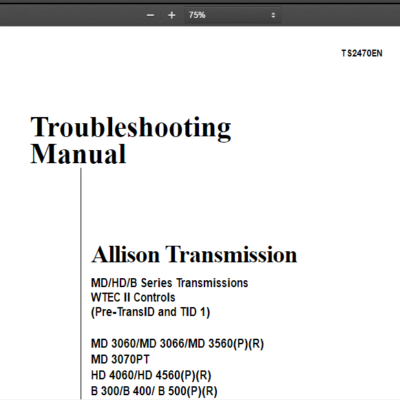
Reviews
Clear filtersThere are no reviews yet.